50+ Sample Bid Proposals
-
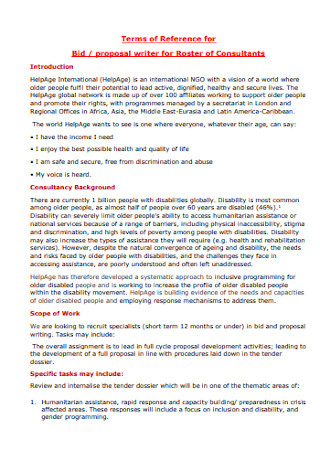
Bid Proposal for Roster of Consultants
download now -
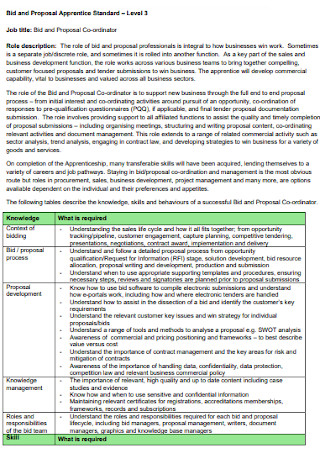
Bid and Proposal Apprentice Template
download now -
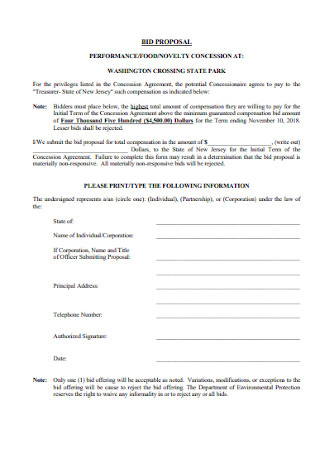
Food Bid Proposal Template
download now -
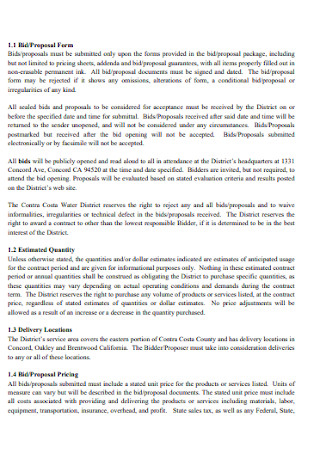
Bid and Proposal Form
download now -
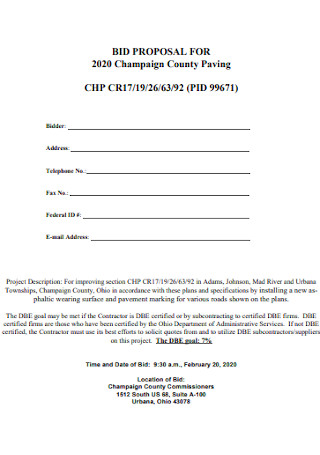
Sample Bid Proposal Template
download now -
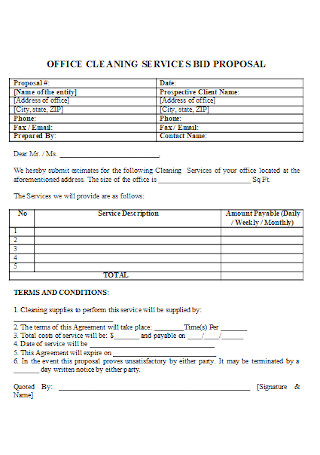
Cleaning Service Bid Proposal
download now -
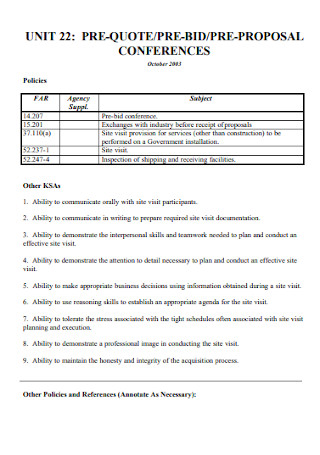
Bid Conference Proposal Template
download now -
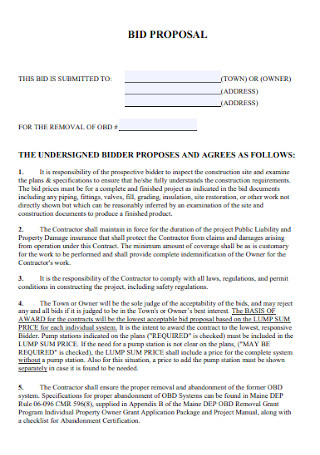
Simple Bid Proposal Template
download now -
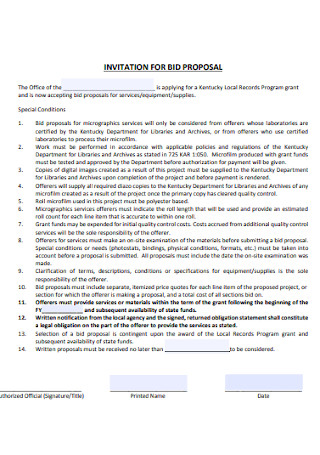
Invitation for Bid Proposal Template
download now -
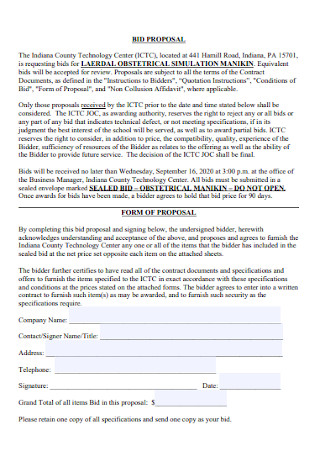
Formal Bid Proposal Template
download now -
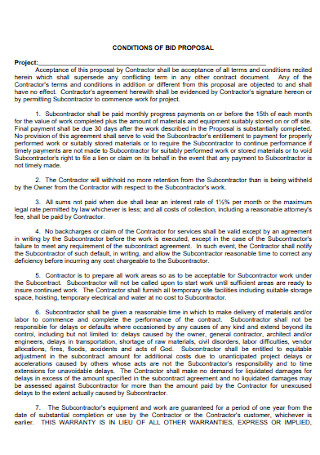
Conditions of Bid Proposal Template
download now -
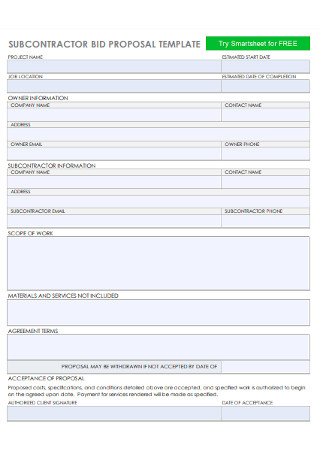
Subcontractor Bid Proposal Template
download now -
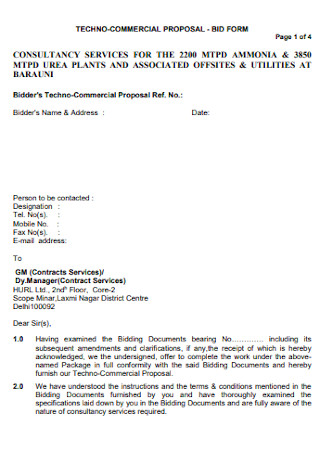
Bid Proposal Sheet Template
download now -
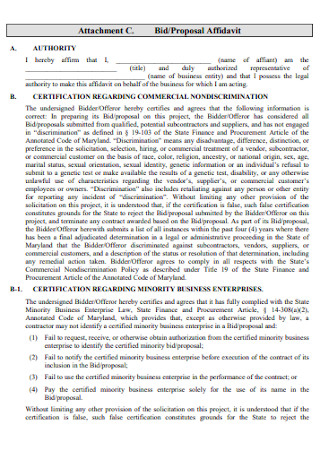
Bid and Proposal Affidavit Template
download now -
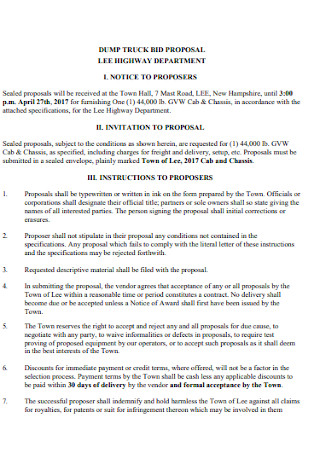
Dump Truck Bid Proposal
download now -
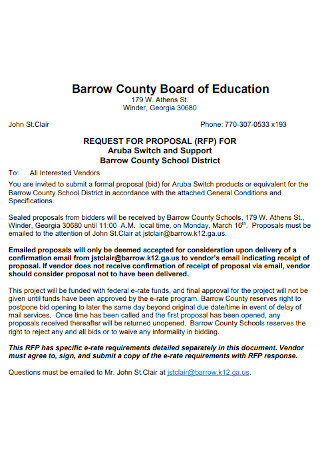
Education Bid Proposal Template
download now -
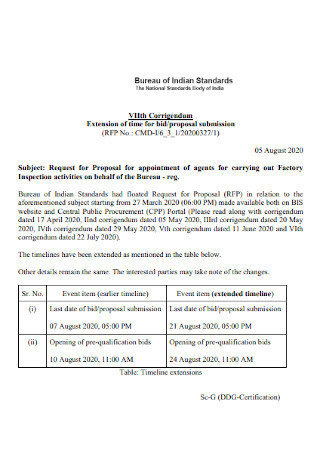
Extension of Bid Proposal
download now -
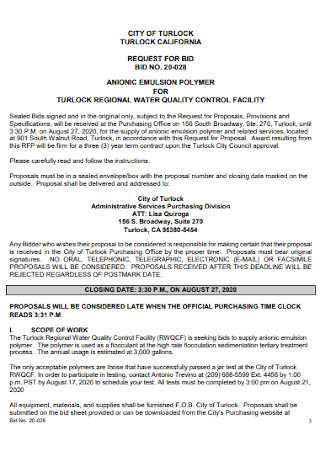
Standard Bid Proposal Template
download now -
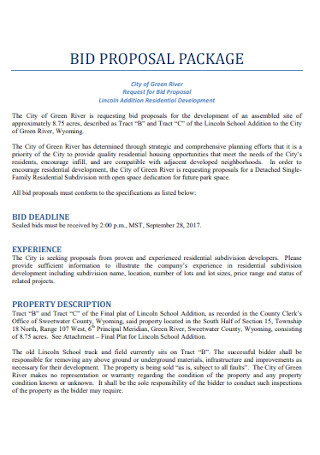
Bid Proposal Package Template
download now -
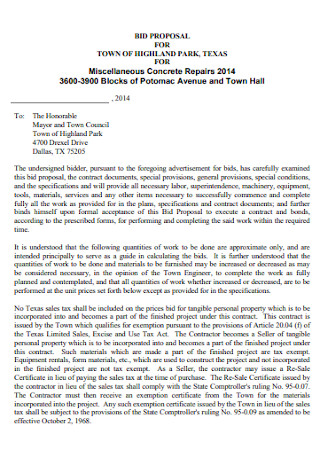
Bid Proposal for Town Park
download now -
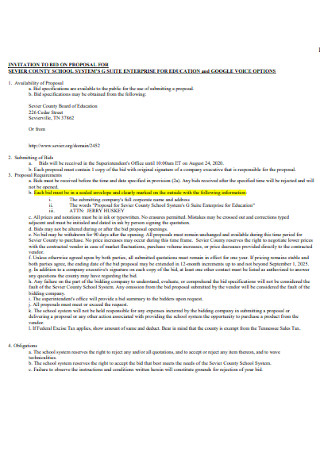
Invitation for Bid Proposal
download now -
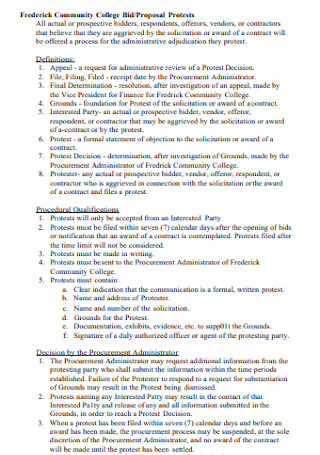
College Bid Proposal Template
download now -
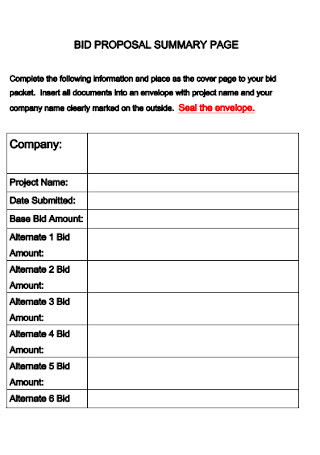
Bid Proposal Summary Page Template
download now -
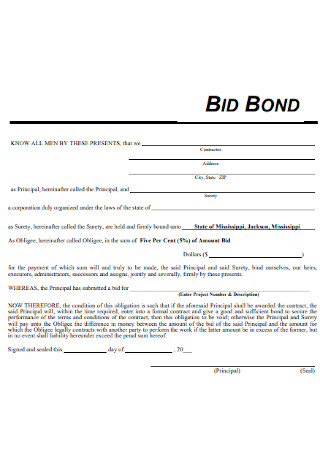
Bid Bond Proposal Template
download now -
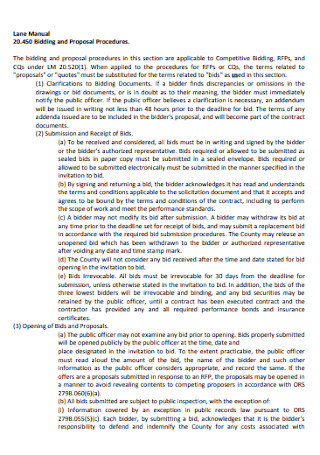
Lane Bid Proposal Template
download now -
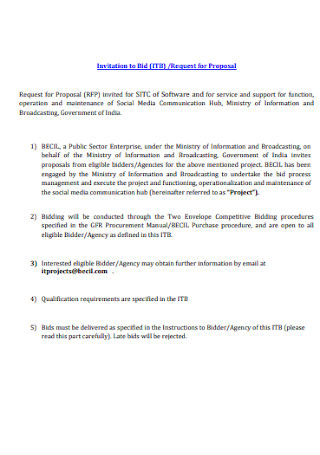
Invitation to Bid Proposal Example
download now -
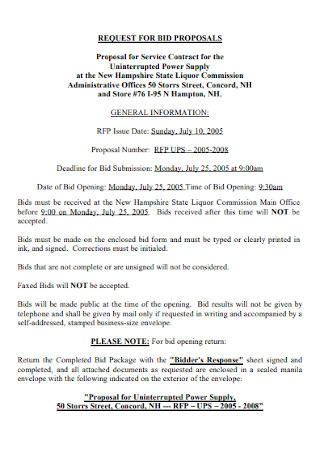
Contract Bid Proposal Template
download now -
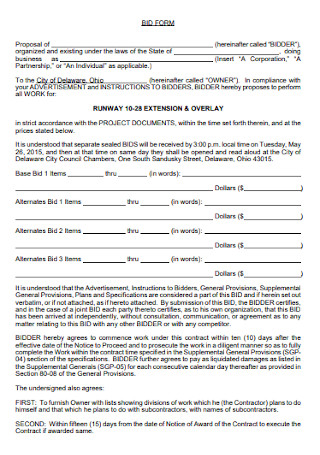
Bid Proposal Form Template
download now -
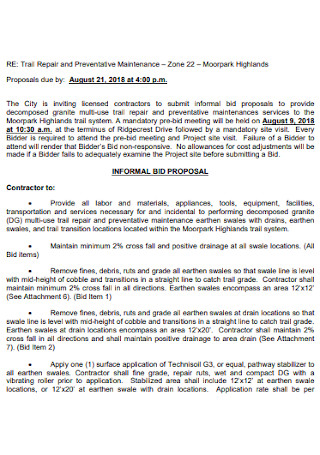
Informal Bid Proposal Template
download now -
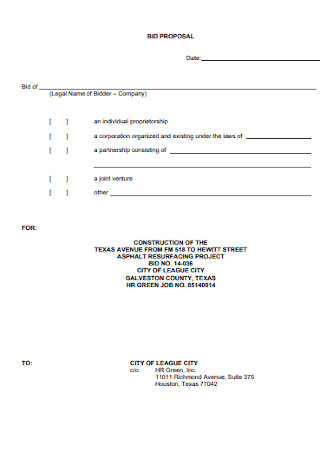
Printable Bid Proposal Template
download now -
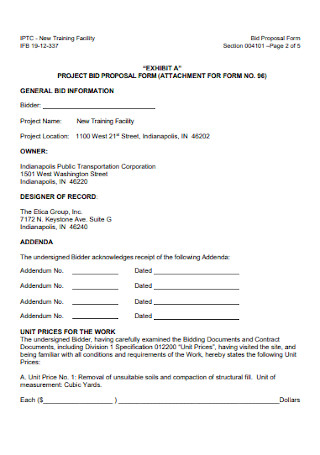
Bid Proposal Form Example
download now -
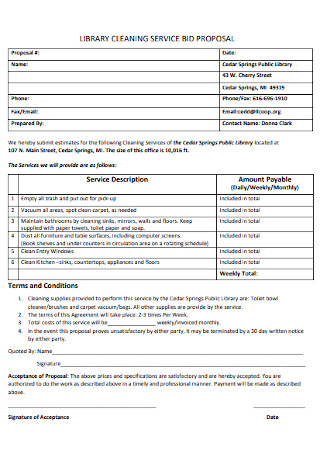
Library Cleaning Bid Proposal
download now -
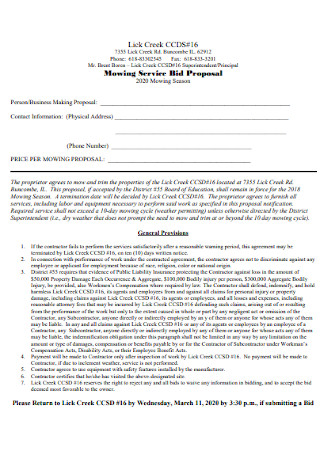
Mowing Service Bid Proposal
download now -
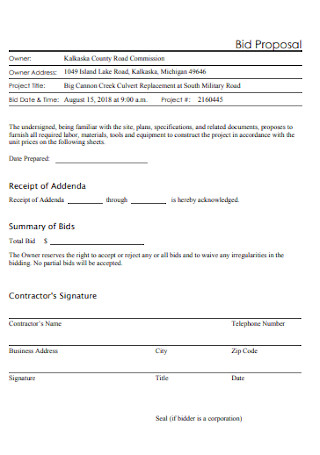
Bid Proposal Format
download now -
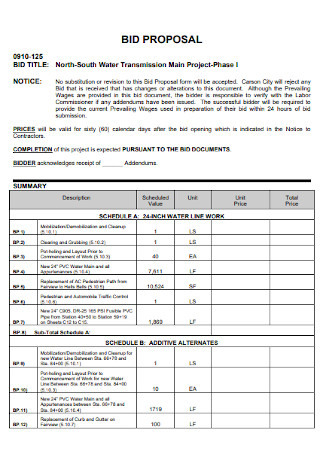
Project Bid Proposal Template
download now -
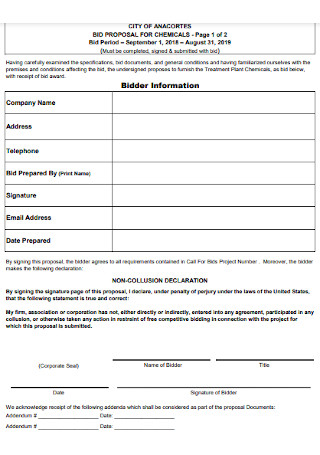
Bid Proposal for Chemicals
download now -
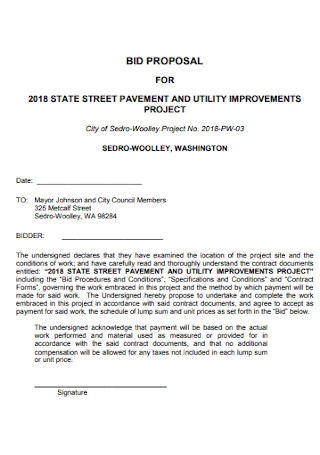
Bid Proposal for Street Pavement
download now -
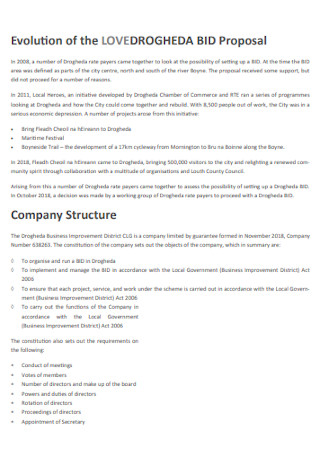
Business Bid Proposal Template
download now -
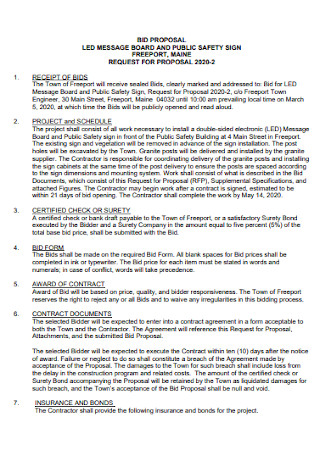
Board Bid Proposal Template
download now -
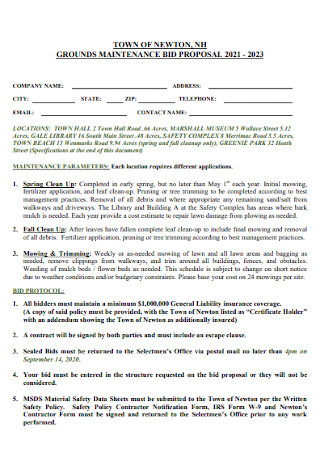
Ground Maintenance Bid Proposal
download now -
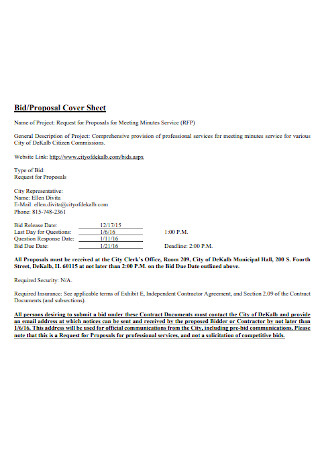
Bid Proposal Cover Sheet
download now -
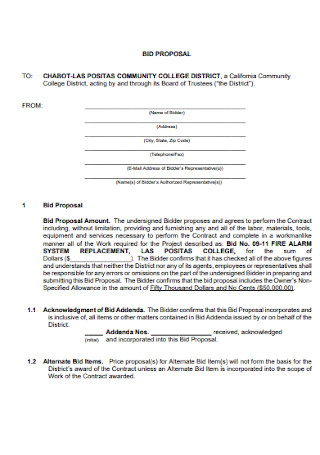
College Bid Proposal Example
download now -
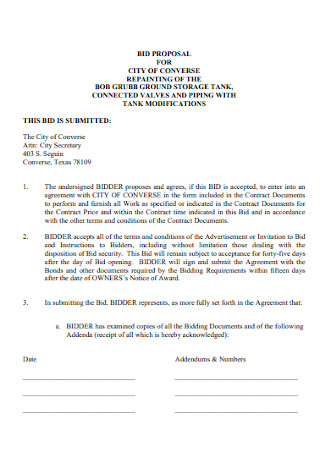
Bid Proposal for City Converse
download now -
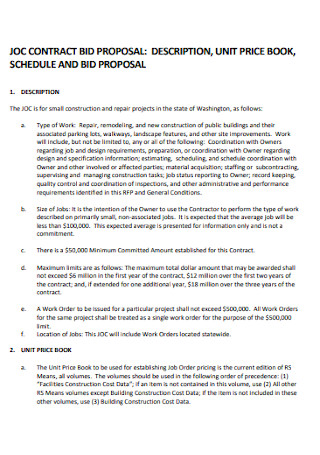
Contract Bid Proposal
download now -
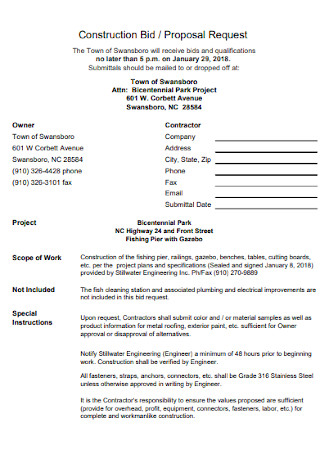
Construction Bid Proposal Template
download now -
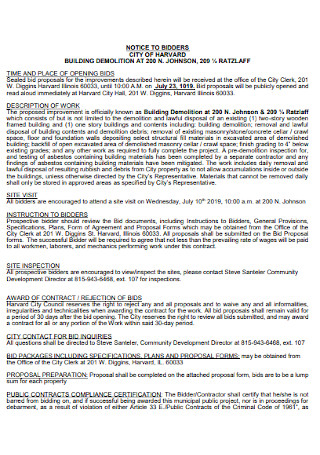
Building Bid Proposal Template
download now -
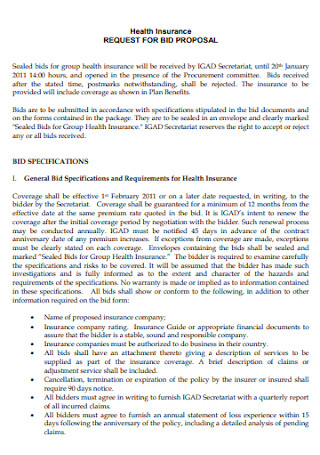
Health Insurance for Bid Proposal
download now -
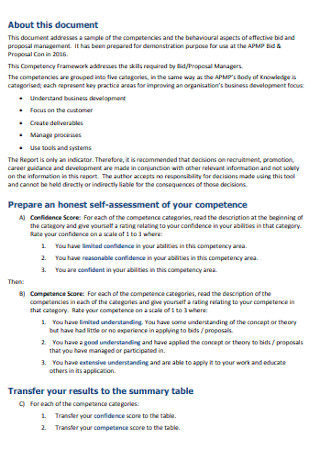
Manager Bid Proposal Template
download now -
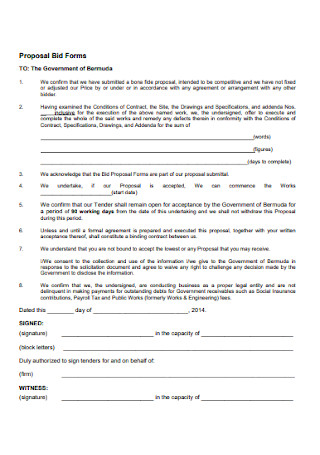
Proposal Bid Forms Format
download now -
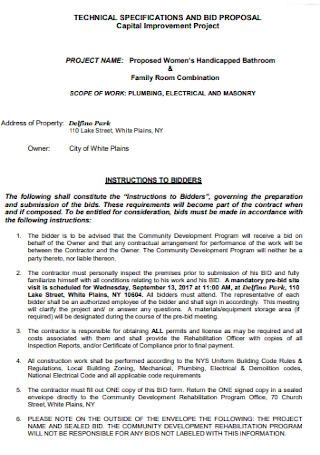
Technical Specification Bid Proposal
download now
What Is a Bid Proposal?
The main purpose of a business proposal is to persuade clients to let you perform the work. A construction bid proposal covers a wide range of situations that can be anything between commercial and residential. Because of that, a proposal may specialize in one thing—whether electrical, HVAC, roofing, plumbing, full-blown construction, government RFP responses, or small projects. However, any service-oriented proposal’s goals are the same: introduce your organization, highlight your services, describe the costs, and convince the client that you are trustworthy enough for the job.
Based on a report by Statista, the construction industry in the United State is positively growing. By 2022, it is forecast to reach over 1.53 trillion US dollars. Moreover, there are more than 27,000 construction firms in the US in the present.
The Different Types of Proposals
Each proposal you read is specifically written for a certain cause. Like in construction, contractors do not pitch the same proposal to all prospective clients, especially when there are competing bids. Otherwise, they will lose the opportunity to win the bid. Hence, an effective proposal should be targeted at a specific client and it must be tailored to that client’s needs. Below are the common types of proposals you should know about.
How to Write a Compelling Bid Proposal
If you want to make the winning bid on a construction project, your construction proposal must look professional and indicate all requirements needed. Submitting a bid proposal means competing against other contractors. That is why you need enough time to hit all the key points. Below are some tips on how to do it:
Step 1: Understand the Competition
Know your competitors and review what they are doing. Submitting a proposal means competing with another business. This will force you to notice what other companies are doing right and what they might be doing wrong. Look closely at a competitor’s brand identity, product or service offerings, website user experience, content publishing, social media, and advertising. However, you should not rip off other brands. To avoid plagiarizing other businesses, conduct a SWOT analysis. It allows your company to determine business-defining decisions and develop a deeper understanding of what you could risk in making a business proposal. Moreover, running a SWOT analysis helps you better analyze your business’s marketing plan’s disposition.
Step 2: Include an Executive Summary
A proposal for a complex project needs an Executive Summary section. It is often called Client Summary in less formal but still complex projects. This should be informative enough that a client does not need to read the entire proposal to decipher its purpose. It also recognizes the client’s concerns and shows that you care for their priorities better than anyone else who has already proposed to them.
Step 3: Identify Scope and Work Schedule
Most conflicts arise in the specification. That is why one of the proposal’s main focuses is identifying the project scope and work schedule. Do this by being as detailed as possible and strive for no ambiguity. In some cases, clients think that you agreed with doing something that was never in the proposal.
Step 4: Paint the Bigger Picture
Imagery is unconventional for construction proposals, but it helps clients digest all the information quickly. When there are images, you give the reader a visual relief and short breaks from the textual and numerical content. By putting all facts into infographics, graphs, and tables, it can be easy to read.
Step 5: Describe the Cost
Writing a construction proposal could be a tough challenge for being in the business. But even professionals who write business proposals for a living feel the same way. The why there a need to describe the billing statement to let your client know what comes across and what goes beyond the scope of work crucial for the project’s completion.
FAQs
How is a proposal different from a plan?
A proposal and a plan are not the same but both of them are important business documents. The main difference between the two is that a plan is a written presentation that sets out goals and steps in achieving those goals while a proposal is a call to action that convinces its readers to do something on what is being proposed.
What are the major parts of a bid proposal?
- Project Details: The project details is consist of the project’s title, location, commencement date, end date, and budget costs. This is the basic information anyone should know about the project. By looking at the project details, stakeholders and team members can know what they are going up for.
- Scope of Service: A scope statement is an effective communication plan that outlines an entire project’s deliverables and features, as well as a list of stakeholders who are involved in the execution of that project. Usually, it is written by the project manager and includes objects and goals to help measure success. It is in tabular format and has the quantity, unit price, and total line.
- Budget Costs: The budget costs are usually written in budget sheets. It is a forecasted expense that the company is expected to incur for the entire project. In other words, it is an estimated expense that management anticipates in the future period based on projected revenues and sales.
- Qualifications: The qualifications are documents or approvals needed to kick start the project. It can also be other paper works relevant to avoid disputes. Moreover, qualifications should be completed right before the project start.
- Evaluation and Submission: Before a project can start, it undergoes evaluation. This is to check whether the management complied with the required documents and methodologies. These requirements may vary depending on where the project is located. The governing state mandates this. That is why it is important to pay them a visit. If not, then they have to submit all requirements pertaining to the project.
When to use a bid proposal?
Businesses send proposals to prospective clients to obtain their target jobs. It can be solicited or unsolicited. Solicited proposals respond to a request letter for proposals (RFP), which means that the client has already decided to make a purchase. On the other hand, an unsolicited proposal is a sales presentation specifically designed at a well-defined and limited activity level.
What is a proposal?
A proposal is a document used to convince an organization to buy a product or service. Businesses send proposals to prospective clients to obtain their target jobs. It can be solicited or unsolicited. Solicited proposals respond to a request for proposals (RFP), which means that the client has already decided to make a purchase. On the other hand, an unsolicited proposal form is a sales presentation specifically designed at a well-defined and limited activity level.
Competitive bidding helps a client choose the best price and contract terms for a project plan. When a client sends a request for a proposal or RFP, they send it to several other contractors. It means you need to compete with these companies. With a compelling bid proposal, you will secure success and win the bid. Create your own bid proposal now! And get started by browsing through our website with an array of ready-made templates. What are you waiting for? Sign up for any of our subscription plans today.
